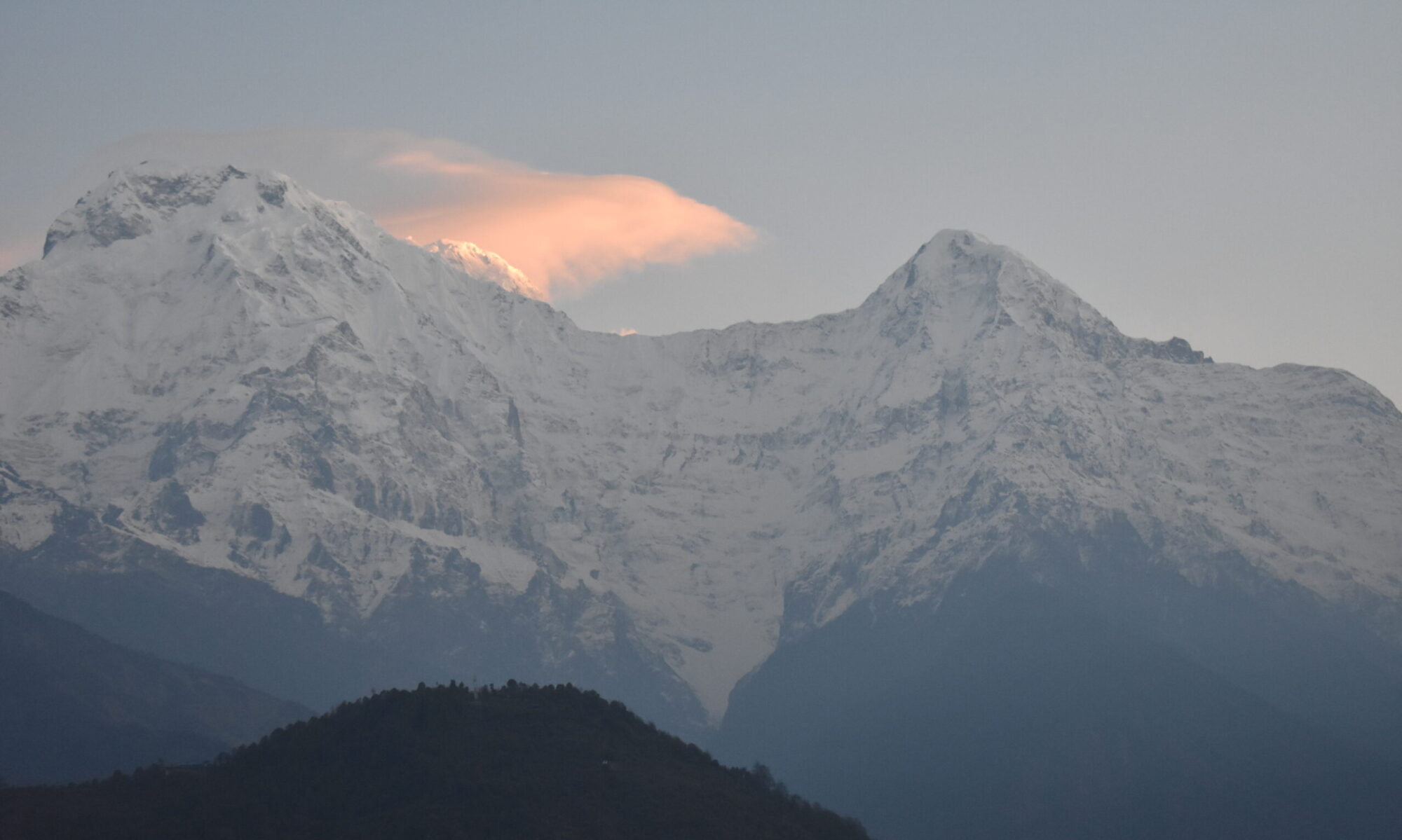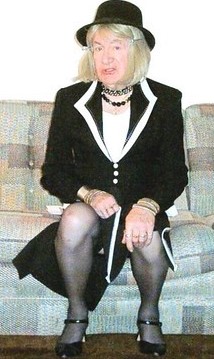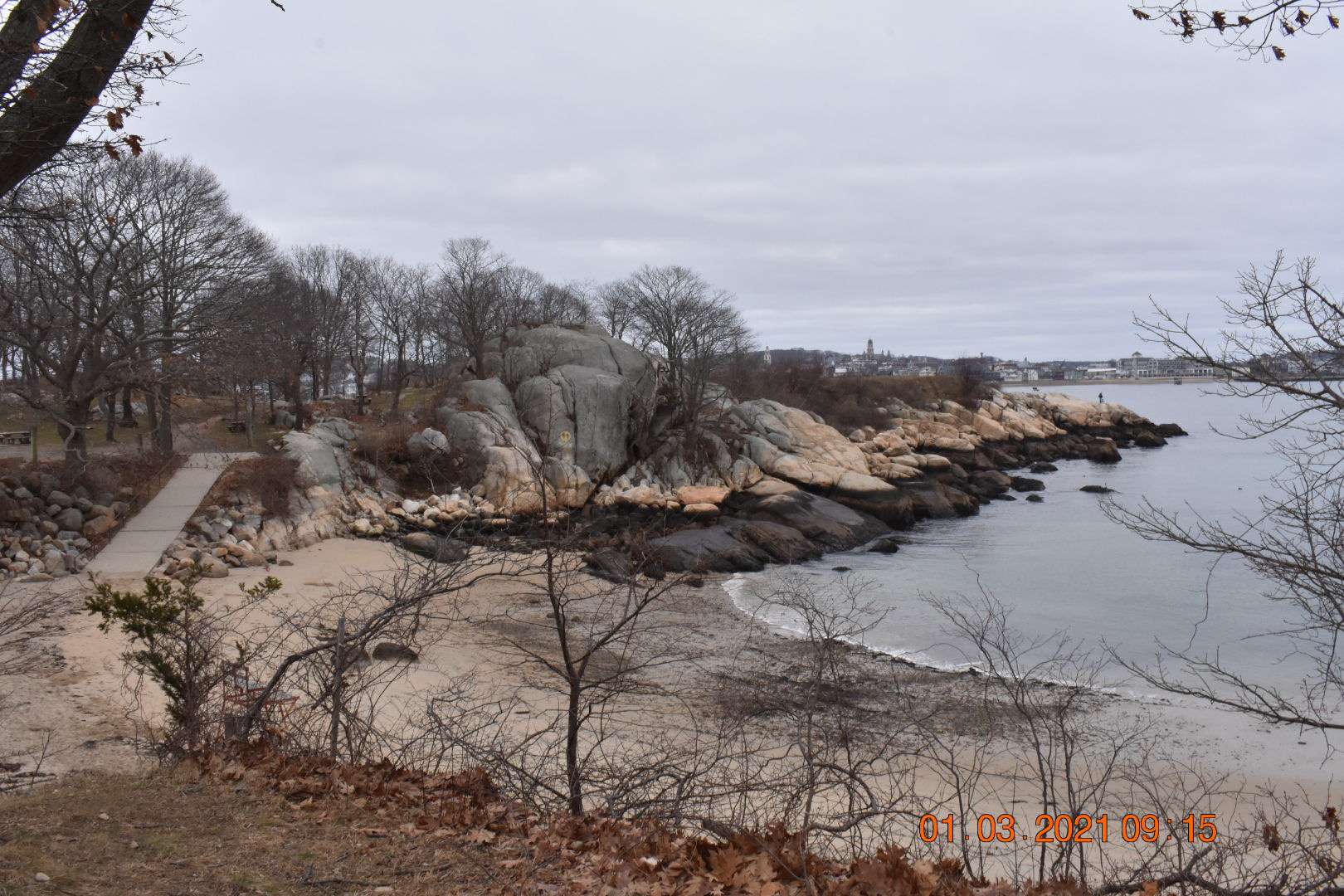It was the spring of 1998 and my mother lay dying.
It was her second cancer diagnosis in 2 years and, despite being relatively young, by the time she started treatment she had already chosen her fate. I could see the difference in her attitude, watched helplessly as she slipped past us, the living.
That is not to say that she went quietly, for Marie went no where quietly. Nor was she a fighter. No, Marie was more a fatalist given to bitter surrender. She had surprised me and my father with her optimism during her first diagnosis, proclaiming, “One day at a time!” as she marched to each radiation session. That response had seemed so out of character that when she refused treatment the second time, I almost didn’t protest. Almost. The cancer wasn’t aggressive, the prognosis encouraging. I convinced her to start chemotherapy, with the inducement of getting to know her two young grandsons better.
Then the cancer spread to her brain.
It was my birthday and I hadn’t heard from her which wasn’t so unusual that I was immediately concerned. My own calls went unanswered and as evening settled, I became uneasy. My parents were only in their 60s but they were already old and my mother in particular did not like to be out after dark. I called her brother who insisted I was overreacting. He had seen them a couple of days before and all was well.
All however was not well. Marie was in the hospital possibly suffering from a stroke. She was listing to one side and had fallen and struck her head on the dresser. I packed up my sons and drove the 300 miles to New York that morning, then dropped the boys at my in-laws to drive the final 100 miles to the hospital arriving late afternoon.
When the test results returned, it was found that the cancer had metastasized leaving her left side weak and her speech confused. She had walked into the hospital the day before; she would never walk again.
A year prior I had quit my doctoral program to help take care of my father who was undergoing treatment for colon cancer and to try my hand at being a better mother to my new baby and my 2 year old toddler. Now, I moved us into my parents’ house and set about making Marie comfortable. We arranged for hospice, a hospital bed, a wheelchair. She stopped all treatments. Her moods became erratic, laced with paranoia of which my father was the target. She accused him of poisoning her, of cutting holes in the ceiling for insects to come in. She was brutal to him.
Mind you, despite having celebrated their 40th anniversary in between cancer battles the previous autumn, my parents’ marriage was not a happy one. Still, Frank was kind and in her illnesses tried sincerely to do things to bring her pleasure. After a particularly long night enduring her ranting, my father approached me, his light blue eyes blinking with emotion. “You have to talk with her, make her get treatment. She’s not right in the head.” Exhausted, I stared back. “Of course she isn’t right in the head,” I snapped. “She has a brain tumor. This is as good as it gets.” I returned to whatever chore I was tending to; he walked silently by me.
We were both brutal to Frank at times.
One night, Marie awoke around 2AM in a violent frenzy. Frank came to the living room where I was sleeping on the couch. You need to deal with her, he said. I just can’t. I don’t know where he went, somewhere away from the heat and smell of the sick room. I cleaned her up and gave her medication. She was on low doses of morphine at this point and the dose had a fast effect. I hugged her to me to reposition her in the bed. As I lay her down into the pillow, I cooed, “It’s all right, Mom. It’s all right” She grabbed my arms and looked into my eyes. My mother had dark brown eyes made black and large by the morphine. “It’s not all right,” she said. “It was never all right.”
In the midst of the caregiving and the dying, her declaration got temporarily lost. The end would come quickly, within a month of the diagnosis, a few days before Mother’s day. With all the nursing and emotions flying around those last weeks, I never had the chance to think about those words, among the last she spoke to me coherently.
The ineffable sadness of that statement packed a one-two punch. The first time was a few short months following her funeral as I sat with my brother-in-law. He was waxing philosophical as older brothers do, and reminding me that we all must accept our fate. “You look at your life and realize that this is what it is and what it’s going to be for the next 10 or 20 years. And you need to be good with that.” A shrill of terror resounded through my body. Was this as good as it got? I remembered Marie’s long elegant fingers gripping my arms, “it was never all right.” No, I decided, no way am I going to my death with that burden on my soul. If it is never all right for me, it won’t be for lack of trying. Fear isn’t going to pin me in place like moth on a board.
In the years that followed, there were plenty of false starts and dead ends. I tried teaching again and failed miserably. I tried to start my own business – another financial disaster. Still I kept trying to find something that would keep me afloat, financially, emotionally, spiritually.
Then my widowed father came out as a woman. Cindy Lou. She arrived in bad wigs and high heels, with no sense of boundary, disclosing far more personal information than I ever wanted to know, especially as concerned life with Marie. I had lived there too and knew how cruel she could be when drinking, which was most days. She had known, my father told me, she had walked in on him dressed up during the first year of their marriage back in the late 50’s. There was no option for them to divorce; the Church and the shame had them shackled. They adopted a child and pretended it was all right.
It was never all right. I had always sensed that without ever understanding why. Now that I understood, it was seemed tragic but also galvanizing; I wanted more than all right, to somehow honor my parents by living boldly, something which would have horrified them while secretly I’d like to think making them happy. Marie never wanted me to suffer as she did, to live as she had. She wanted more than all right for me, even if that was too frightening for her to articulate or live herself.
I have started to sneeze like my mother. I’m not certain when this began to happen, when my delicately discreet sneezes morphed into cartoonish achoos. She sneezed only in the singular perhaps because they were so boundlessly unrestrained. Indeed it might have been the only thing about my mother that was spontaneous. Even comical. Marie was a decidedly unfunny person. In all the memories I have, I can not recall the sound of her laughter, but then, I recall few sounds from my childhood. There was a thick yet fragile silence that I feared shattering. I learned to walk soundlessly and play inside my mind so as not to disturb the adult world in the next room.
Nevertheless, my childhood was not without its joys and my mother was the towering figure in it. We did not play or cook or chat together, but I knew she was there. Despite the anger and distance, she was showing up as best she could. And if needs be, she would show up more substantially, just as long as I didn’t get all frivolous about the expectation. Life was difficult, full of dangers and stresses, her life seemed to say, but here I am, still here, despite not wanting to be, despite the lose of my potential, of my youth. You make your bed, you lie in it was one of her pet sayings. How much happier could she have been if she had left her bed unmade a few times.



